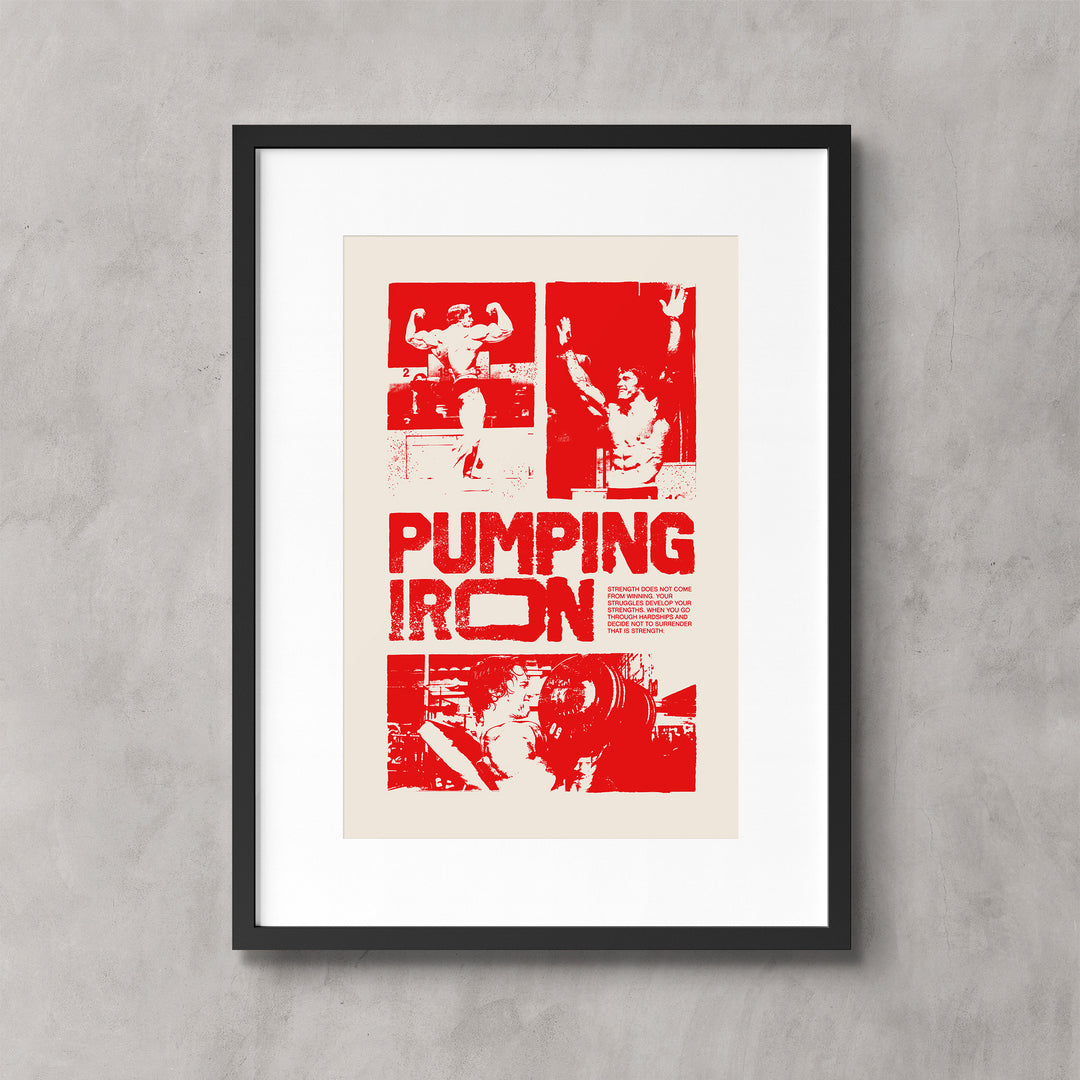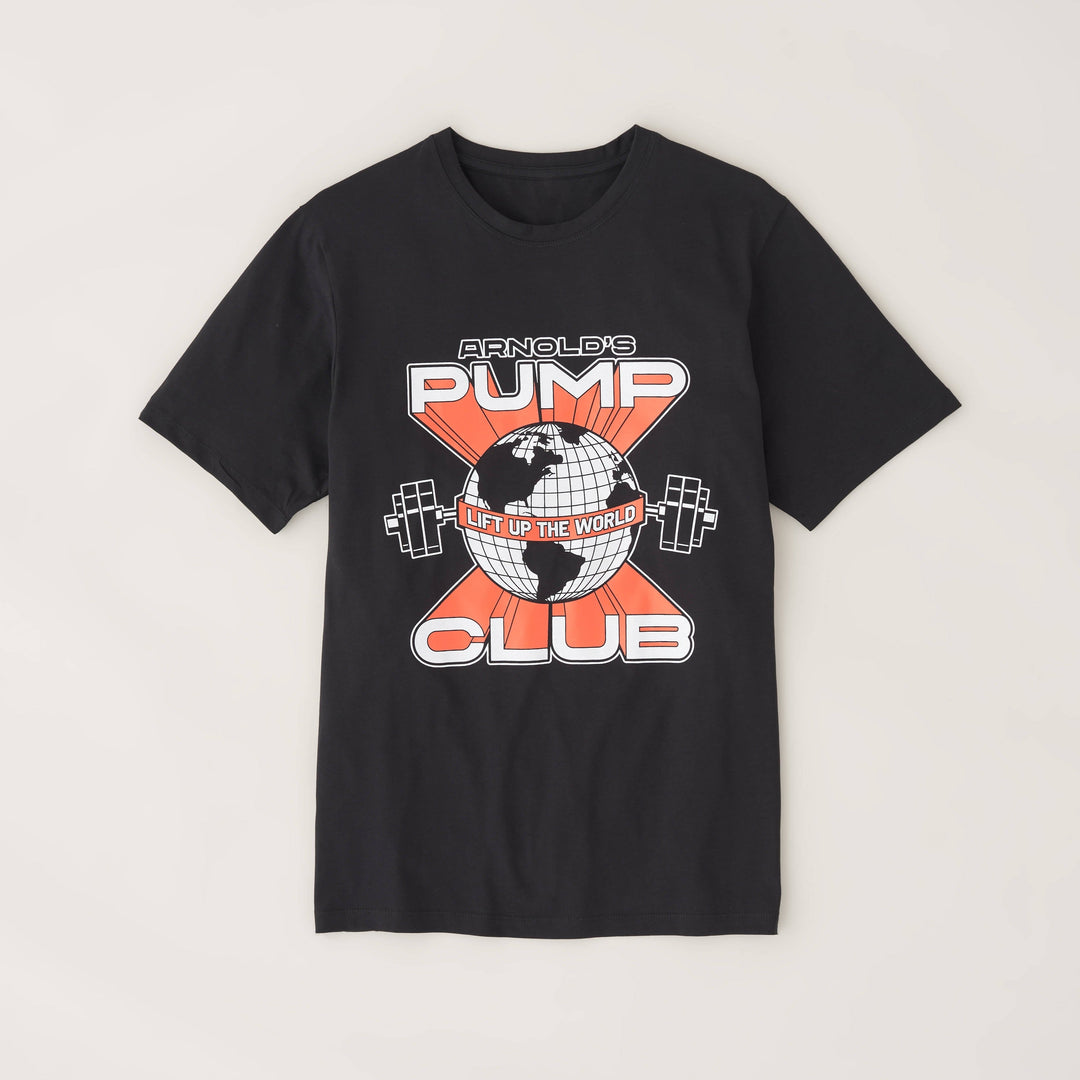Welcome to the positive corner of wellness. Here’s a daily digest designed to make you healthier in less than 5 minutes. If you were forwarded this message, you can get the free daily email here.
Today’s Health Upgrade
Extinguish burnout
Carbs and your workout
Skittles Ban?
Rewarding the Village
Extinguish Burnout
When mental fatigue increases, the natural reaction might be to take a few days off and relax. But that’s not what your mind needs.
Research suggests that exercise is the best antidote for improving mood, increasing motivation, and beating burnout -- even better than relaxing and watching TV.
To study the art of busting out of funk, researchers took mentally exhausted participants and tried to “cure” them of their mental overload by having them either do 30 minutes of biking, 30 minutes of stretching, or watching 30 minutes of a sitcom. Exercise was the clear winner for fighting back against fatigue.
You might be wondering, will my fatigue lead to a bad workout? Not if you’re pumping iron. In a different study, scientists analyzed the impact of mental exhaustion on maximum strength. Even when participants were mentally fried and had low motivation, it didn’t significantly affect their maximum strength.
When you need a reset, set aside 20 to 30 minutes, do your favorite cardio, or lift some weights. If you're not there, go outside for a walk. Research also suggests that it can help lift your mood.
We can’t change the external stressors in your life or tell your boss to get off your back, but we can give you tips that will make you feel better, refocus, and get back to focusing on what you control, so your days can be a little better. Hang in there and keep pumping.
The New Science of Carb-Loading
If you’re going to do long-duration exercise, carbs are still your body’s preferred fuel source. But what about shorter workouts?
If you enjoy high-intensity interval training, there's much less need to fill up with carbs before your workout.
Your body’s primary fuel source is something called glycogen, which is stored carbohydrates. When training at a high intensity for more than an hour, your body taps into glycogen to keep you going. But when you need less time, the role of glycogen isn't as important.
Our friends at Examine.com -- one of our favorite resources for science-backed information without the BS -- told us about a study where scientists compared exercise performance on different levels of carbs. (You can see a detailed summary here).
Research suggests that having more carbs in your system does not improve performance on high-intensity, shorter-duration workouts.
But that’s not to say carbs don’t matter. The study above compared moderate to high amounts of carbs. In both situations, participants had glycogen (carbs) in the tank. But those with a fuel tank didn’t perform better on intense 15-minute workouts. However, other studies show that performance can drop off when carbs are very low. This might occur because glycogen also affects how your body releases calcium, directly influencing muscle contractions and force.
As a general rule of thumb, if you had carbs the night before and train in the morning, you don’t need pre-workout carbs (you can have them if you want, but your tank will still be full). If you’re training later in the day, aim for an average of 20 to 40 grams of carbohydrates (about the amount of an apple, banana, or two slices of bread) within a few hours of your workout and combine with about 15 to 30 grams of protein. And if you feel best without eating (that’s what Arnold does these days), there’s no need to force a meal. At the end of the day, personal preference is part of maximizing potential performance.
Skittles Ban?
I’ve gotten several emails from the village asking what I think about this California bill that’s gotten headlines claiming it will ban Skittles.
When you have questions about the latest headlines, we always want to be here for you because I know that the fitness and diet headlines can be a little over the top, and it can be hard to figure out what is really going on. We started this newsletter to cut through the noise. So I’ve looked into it, and it’s Assembly Bill 418, which seeks to ban five ultra-processed food additives in California: Brominated vegetable oil, Potassium bromate, Propylparaben, Red dye 3, and Titanium dioxide.
First of all, none of that really sounds like food to me. Second of all, when we researched these, we found that all of them are banned in Europe, where the Big Food lobby has less power. Third, one of those is banned in the United States already, just not for food -- it’s illegal to use Red dye 3 in makeup. So you can’t put it on your face, but you can put it in your mouth. Does that make sense to anyone?
I’ve been through these fights when I was Governor. I’m a small government guy. But I’ve also seen that sometimes, in a world where every big industry has an army of lobbyists, and our kids have no one fighting for them, government has to step in. You wouldn’t believe the crap lobbyists said to me when I limited junk food in schools or banned trans fats as Governor. They can never believe when someone stands up to them.
So I’m proud of Assemblyman Jesse Gabriel for writing this bill, and for all of you who asked, I’m happy to support it.
Things like this aren’t partisan. They’re common sense. It is worth repeating: one of these ingredients has been banned from lipstick since 1990 because it caused cancer in lab rats. At the Pump Club, we know animal studies aren’t perfect. But we’d also like to know who made the decision that the risk was too high to put this on your face but not to put it in your stomach.
The more we learn about nutrition, the more we see that ultra-processed foods are a problem. But, it’s not easy for all people to avoid these foods because they are oftentimes more affordable and convenient. So anything we can do to make these options less ultra-processed and a little healthier is a step in the right direction.
And as far as the headlines go, candy won’t be banned. Food manufacturers will just have to find a way to make candy with ingredients you might be able to pronounce.
This is how headlines work in the era of social media. I don’t know whether someone in the industry sent a press release calling this a Skittles ban or an editor wrote a headline they knew would get more eyeballs. “CA considers ban on Skittles” gets people angry, and they share. Think about yesterday’s Monday Mindset. People profit from our anger. Meanwhile, “CA considers banning food additive that is already banned in cosmetics” will just make people nod.
We will always be here to share the BS-free version.
Rewarding The Village
We love celebrating this community, whether highlighting a member of the week, sending hundreds of you to the exclusive premiere of FUBAR in Los Angeles, or doing fun giveaways. Recently, we asked you to share this daily newsletter with others and promised signed copies of Arnold's The New Encyclopedia of Modern Bodybuilding. Congrats to Briana A, Pedro G, and Lucia S! You'll receive an email so we can send your collector's item.
And don't worry -- we have much more planned for all of you! Thank you for helping us build the positive corner of the internet.





















